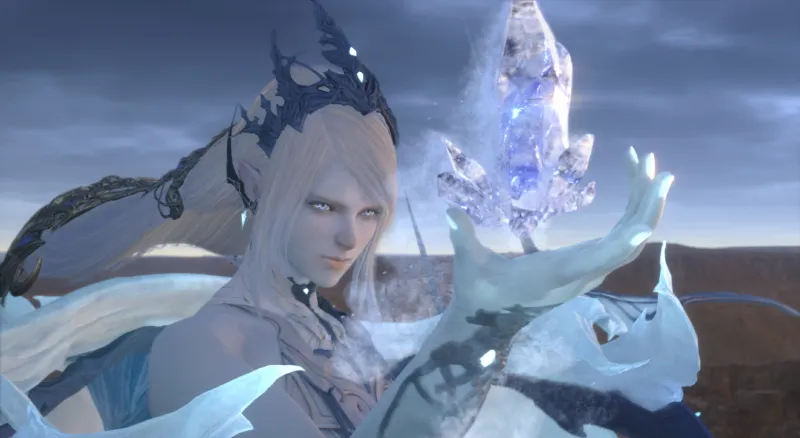
During a recent hands-on preview with Final Fantasy XVI (read my thoughts about it after playing two hours here), I was able to participate in a group interview of the game’s producer, Naoki Yoshida, its director, Hiroshi Takai, and its combat director, Ryota Suzuki. One question asked was about why the game returns to the series’ high fantasy roots, and why it has such a different tone compared to recent Final Fantasy games.
According to Takai, it all started with summons.
“So when the project started, I was one of the first people that [Yoshida] came to first and he said, ‘Okay, we have this project called Final Fantasy XVI. Will you be director?’ and his orders at the time of creating the game, he had this very big idea that he wanted to focus on the summons,” Takai says through a translator. “And not only on the summons, but have a system where the summons could fight other summons. And his other order was basically that the Final Fantasy series, its fanbase is getting older, and they’ve been with the series for a long time.
“We wanted to create a story and a narrative that resonated with the older fans, fans that have been around for a long time. And then finally, the third point was that we wanted to bring in more people into the series than just the standard series fans and the standard RPG fans. And to do that, make it into an action game, believing that would be able to get us that audience that we haven’t tried before.”
Once those three main pillars were decided, Takai says it was then about getting together a small core group that would work on development for about a year to create these concepts. First came the story and the main scenario, which the team decided that to integrate Yoshida’s summon wishes into it, a high fantasy setting might work best. Then, the team worked on gameplay, figuring out it will feature open areas rather than a full open world, and more. This small core group did all this in the first year of the game’s development, Takai says.
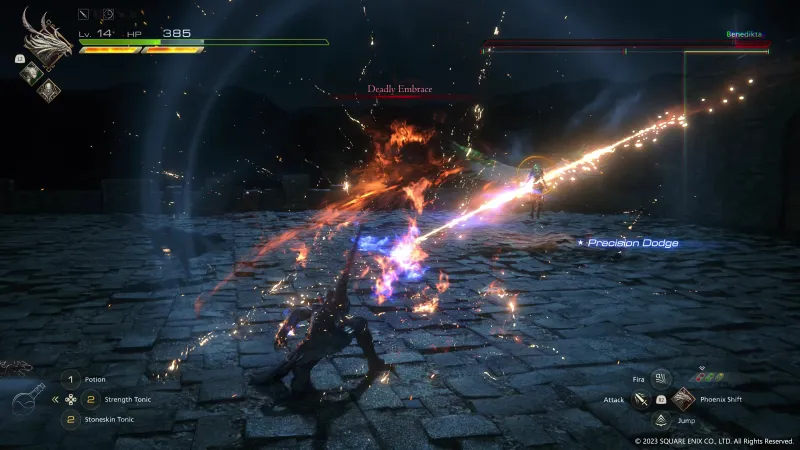
The three were then asked about what’s required in a new Final Fantasy game to ensure it still fits into the series as a whole. All three had a different answer.
Yoshida: "For me personally, Final Fantasy has to have that deep story. It has to have that complex game experience. It has to have a unique battle system. Great graphics, great sound, and then chocobos and moogles, and Final Fantasy 16 has all of those. So I think we've made something that feels like a Final Fantasy, at least for me."
Takai: "For me, the definition of a Final Fantasy is that you have to have that engaging storyline. Another thing is, is that you're always getting the most out of the technology available at the time, you're always pushing the technology that you have. And I think we did that in Final Fantasy 16. Also, I think Final Fantasy is about challenging something new. Each of the Final Fantasies challenges something [and] tries something new. I think that we've done that here as well. And then finally, a little thing is that all magic names have to be the same throughout."
Suzuki: "When I was a child, I was playing Final Fantasy II and Final Fantasy III. And those are the ones that I grew up playing in real time. But again, with such a large audience, it's a series that spans over so many years, and because the game world’s setting changes with each one, depending on where you start, and what your first Final Fantasy is, everyone's going to have a different opinion of what makes a Final Fantasy.
And so again, me having grown up with Final Fantasy II and III, it's pretty much the same. It's got to be about the story. It's got to be about the beautiful graphics. And also it's about the tech at the time. And again, that challenge of trying something new. And I think that with Final Fantasy 16, we did try something new in moving the game from turn-based to action combat-based and we were able to challenge something that no other Final Fantasy has done."
Hope to see you in Next Article Soon!

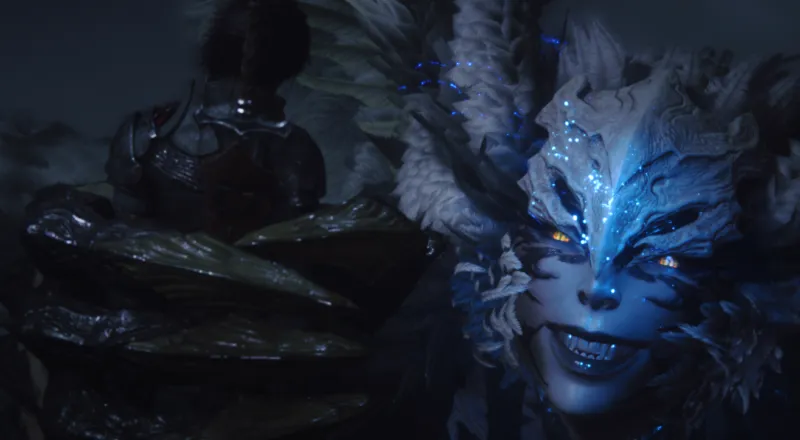
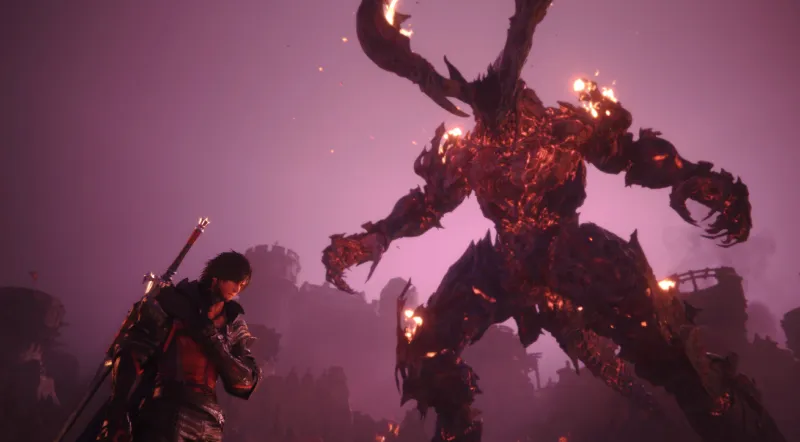

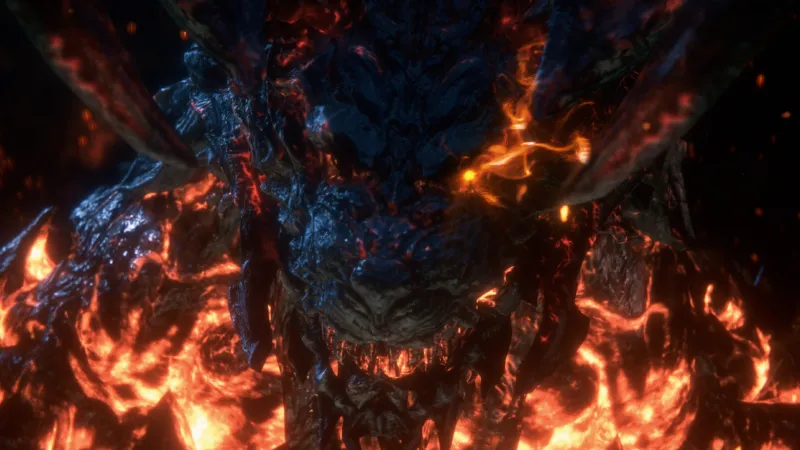
No comments:
Post a Comment